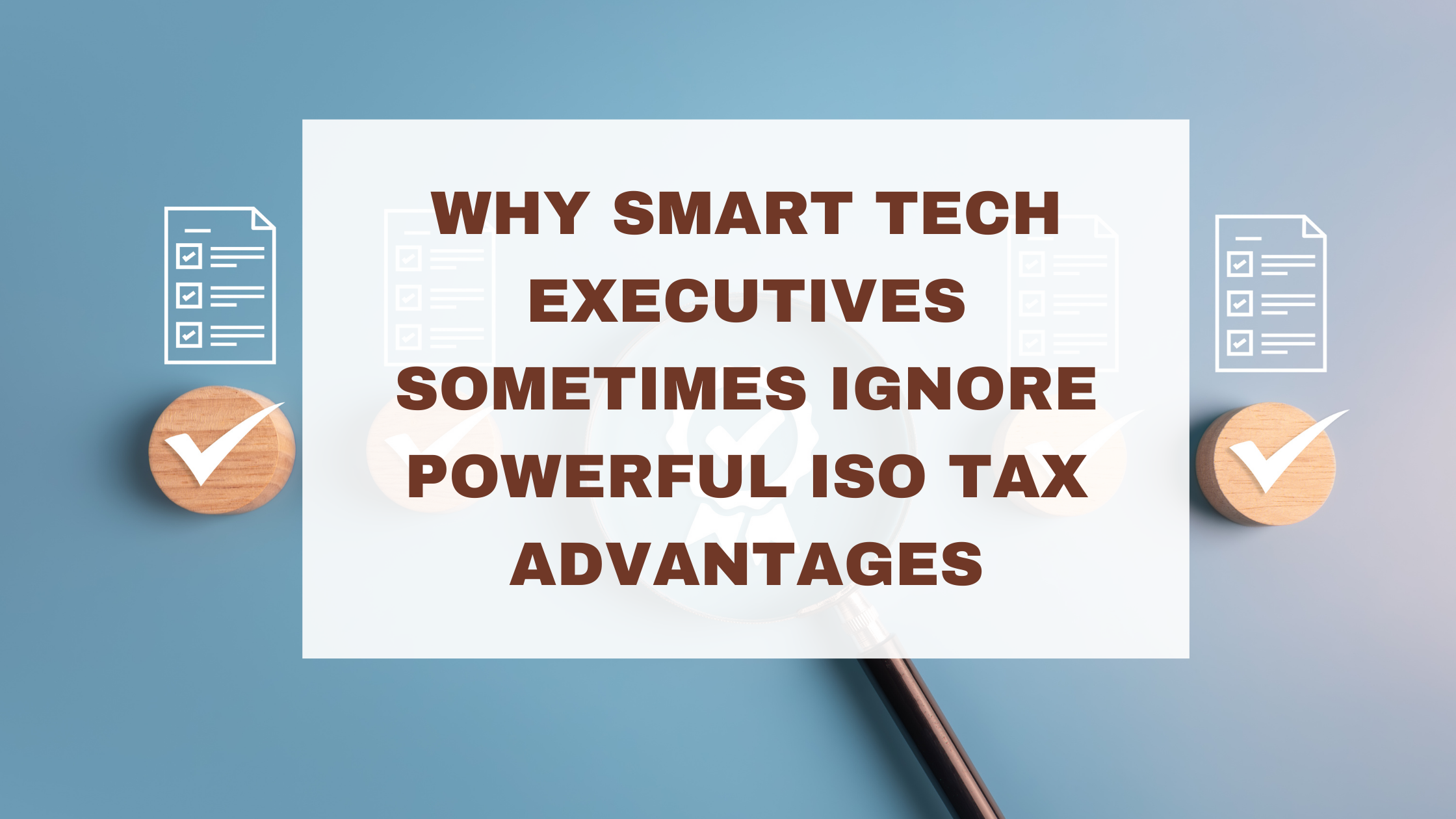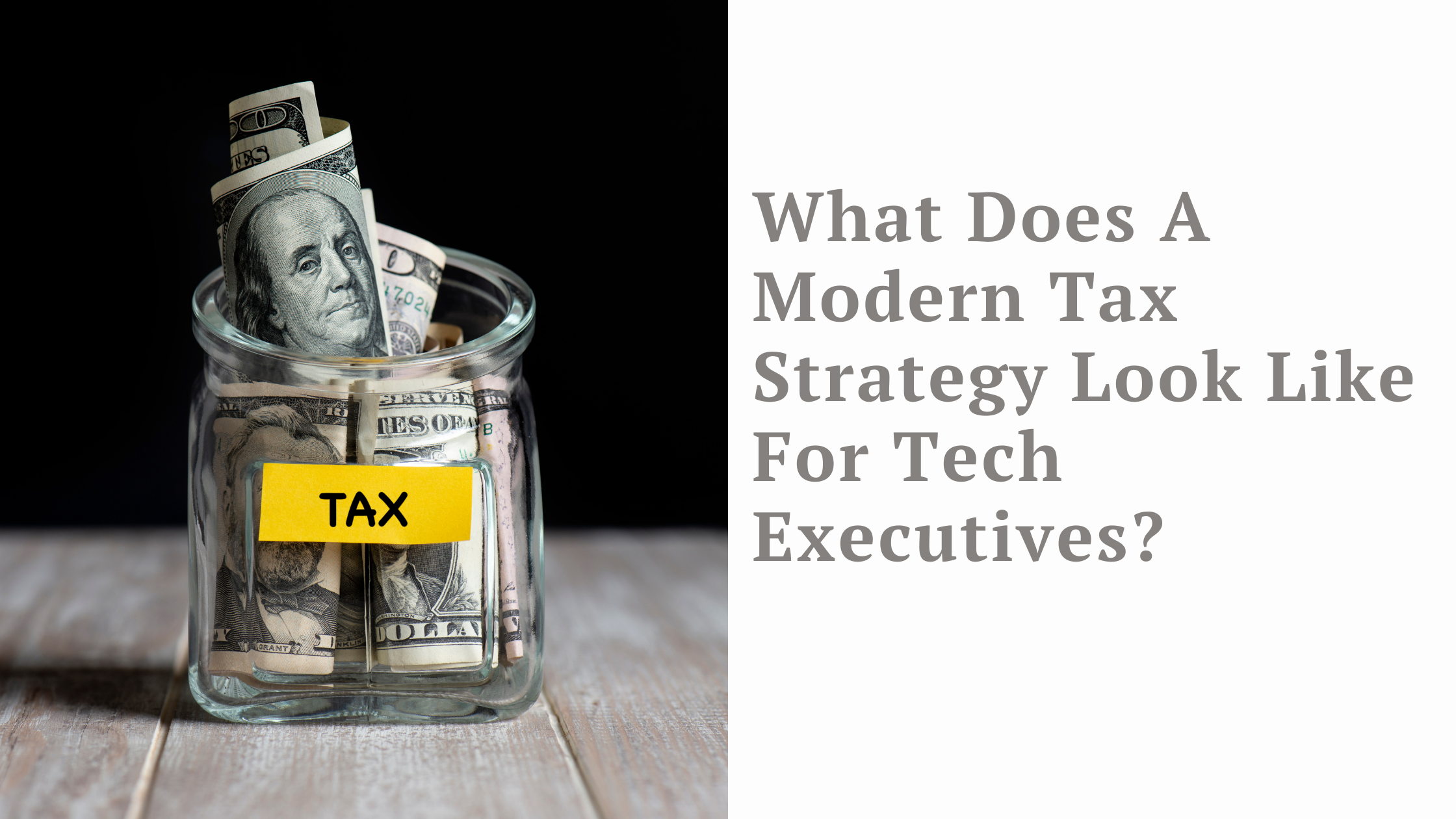What Are The Million-Dollar Tax Moves For High-Net-Worth Tech Professionals?
True Root Financial is a financial advisor and financial planner based in San Francisco, CA. We serve clients across the globe.
For high-net-worth tech professionals, building wealth often comes from a mix of salary, equity, and other investments. While diversifying your portfolio and harvesting losses is an important first step, the next step, executing advanced tax strategies, can have a profound impact on your lifetime tax bill. Done correctly, these strategies can save hundreds of thousands, or even millions, of dollars.
If you are a tech professional interested in learning how we can help you claim your financial independence by investing wisely, minimizing taxes, and maximizing your equity compensation, please book a no-obligation call here.
Discover the million-dollar tax strategies top Bay Area tech professionals use to reduce taxes and grow wealth. Watch the video below where we break down how QSBS exclusions, Section 83(b) elections, and strategic trusts can legally eliminate millions in potential tax liability.
Key Takeaways:
- QSBS exclusion can eliminate millions in capital gains taxes for startup founders and early investors
- Section 83(b) elections allow equity holders to pay taxes at low initial valuations and enjoy long-term capital gains treatment
- Trusts can multiply QSBS benefits and enhance estate planning.
Advanced Tax Strategy 1: The Qualified Small Business Stock (QSBS) Exclusion
One of the most powerful tools for tech professionals is the Qualified Small Business Stock exclusion (QSBS) under Section 1202 of the tax code.
How QSBS Works?
If you acquire shares directly from the U.S. C-corporation and hold them for at least five years (or three years under recent legislation), you may be able to exclude up to 100% of the capital gain on those shares.
The exclusion applies to the greater of $10 million of gain or ten times your original investment. In practical terms, QSBS can turn a multi-million-dollar tax liability into zero, freeing up capital to reinvest or fund other goals.
What are the Eligibility Criteria to qualify for the QSBS Exclusion?
- The company must be a domestic C-corporation with less than $75 million in assets at the time of your purchase
- At least 80% of its assets must be actively used in the business, not held passively
- You must acquire the stock directly from the company via cash, property, or services and hold it long enough for the exclusion to vest.
Recent law changes have shortened the holding period and increased both the asset-size threshold and the exclusion cap, making QSBS more accessible than ever for tech professionals.
Real-World Example
One of our clients invested $1.2 million into his early-stage startup. Five years later, his shares had grown to $10 million. Without QSBS, he would have faced roughly $3.3 million in federal capital gains tax.
By carefully planning, verifying the company’s eligibility, documenting the direct purchase, and ensuring compliance with QSBS rules, he was able to exclude the entire gain. That $3.3 million went straight back into new ventures, fueling the next chapter of his career.
A fiduciary financial planner can guide tech professionals through each step to ensure QSBS benefits are fully realized.
Advanced Tax Strategy 2: Section 83(b) Election
Another advanced technique for equity holders is the Section 83(b) election, which often feels counterintuitive but can save massive amounts over time.
How Does It Work?
Normally, restricted shares are taxed as ordinary income when they vest, which can be at very high rates. By filing an 83(b) election within 30 days of the grant, you elect to recognize income at the grant date, usually when the stock’s value is low.
Future appreciation is then taxed at the favorable capital gains rate instead of ordinary income rates.
A Simple Analogy
Think of planting an acorn:
Paying a small planting fee upfront (the 83(b) election) allows you to reap the benefits of a huge oak tree later. Waiting until the tree has grown would mean paying a much larger tax “fee” when the oak produces thousands of acorns.
One of our entrepreneur clients filed an 83(b) election on 200,000 restricted shares valued at $0.05 each. He recognized only $10,000 of income in that first year.
Years later, when the company sold for $50 per share, the resulting $9.99 million gain was taxed at the long-term capital gains rate instead of ordinary income. This strategy saved him over $2 million in taxes. A financial advisor for tech professionals can help decide if and when an 83(b) election is right for you.
Advanced Tax Strategy 3: Using Trusts to Multiply QSBS Benefits
In some cases, setting up multiple trusts can increase your effective QSBS exclusion. Each trust may be eligible to claim its own QSBS benefit, expanding the total amount of gain sheltered from tax.
We work with specialized estate-planning partners to structure these vehicles so they fit seamlessly into your broader financial strategy. Trusts can amplify the benefits of QSBS when your estate plan calls for it, giving high-net-worth tech professionals even greater control over their tax outcomes.
Why Do These Advanced Strategies Matter?
Clients who integrate QSBS planning, 83(b) elections, and trust structures into their broader financial playbook often see six-figure to seven-figure tax savings. These strategies transform a traditional wealth plan into a dynamic, tax-optimized roadmap, accelerating the path to lasting financial independence. By combining these tools, you can:
- Protect more of your gains
- Reinvest saved taxes into new opportunities
- Plan strategically for long-term wealth and legacy goals.
How a Fiduciary Financial Advisor Can Help?
Implementing these advanced tax strategies requires careful planning and execution. A fiduciary financial advisor, can:
- Confirm QSBS eligibility and document compliance.
- Coordinate timing and filing of 83(b) elections.
- Integrate trusts and other advanced planning techniques.
- Provide guidance tailored to tech professionals and their unique wealth profiles.
By working with a fee-only advisor who focuses on comprehensive financial planning, you ensure that every tax strategy aligns with your broader financial goals.
Your Next Steps:
If you want to take full advantage of these advanced tax strategies, consider working with a financial advisor in San Francisco or the Bay Area who specializes in tech professional wealth planning. The right guidance can turn complex tax laws into clear, actionable steps toward lasting financial independence. Book a free consultation below:









Leave a Reply
Want to join the discussion?Feel free to contribute!